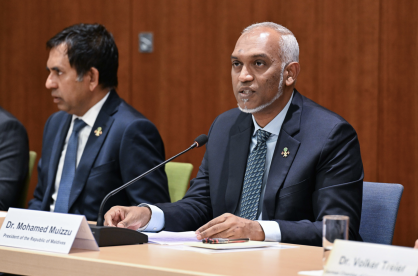On May 24, 2024, President Dr. Mohamed Muizzu ratified the landmark Food Safety Act, a critical move to enhance the country's food safety standards and protect public health. This legislation, which has been under deliberation since 2021, aims to bring the Maldives in line with international food safety practices by establishing rigorous standards for food production, processing, and distribution.
Key Features of the Food Safety Act
The Food Safety Act introduces a comprehensive framework designed to ensure that all food products available in the Maldives are safe for consumption. Key components of the Act include:
1. Regulatory Oversight: The Maldives Food and Drug Authority (MFDA) is tasked with overseeing the implementation of the new regulations. This includes regular inspections, certification processes, and enforcement of safety standards.
2. Certification and Compliance: Food producers and processors must obtain certification from the MFDA to ensure they meet the established safety criteria. Non-compliance can result in significant penalties, including fines and suspension of operations.
3. Consumer Protection: The Act is designed to protect consumers from foodborne illnesses by ensuring that all food products are produced under hygienic conditions and are free from harmful contaminants.
The Food Safety Bill was passed by the Maldivian Parliament on May 14, 2024, after three years of extensive discussions and revisions. The legislation was initially introduced in 2021 and underwent multiple rounds of consultations with stakeholders, including health experts, food industry representatives, and consumer advocacy groups
The ratification of the Food Safety Act is expected to have far-reaching implications for both consumers and businesses in the Maldives. For consumers, it promises greater assurance of the safety and quality of food products. For businesses, particularly those involved in food production and processing, it necessitates compliance with stricter standards, potentially driving improvements in practices and infrastructure.






